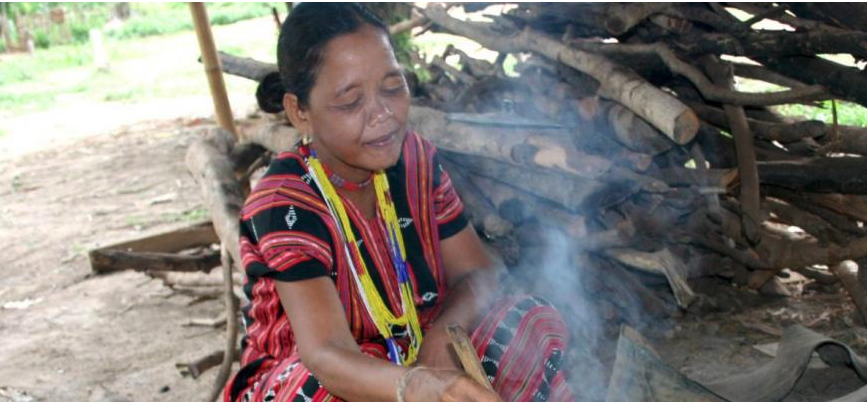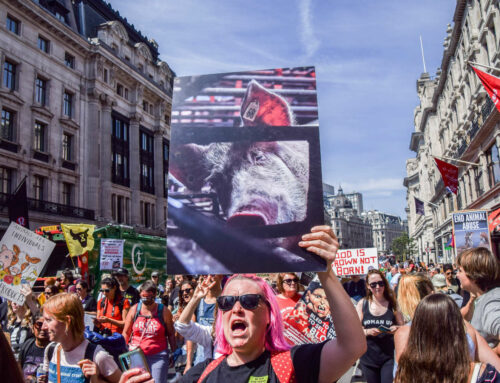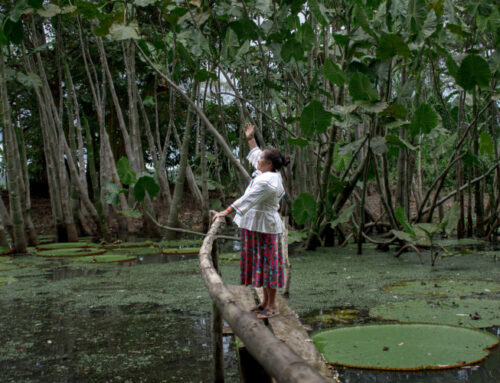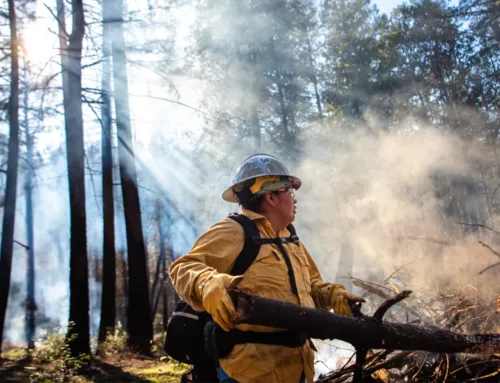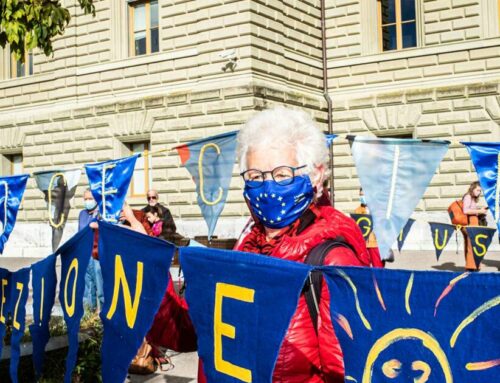Women are disproportionately more susceptible to the impacts of climate change due to the hindrances caused by gender inequality that they must also face. The report written by UN Women on “Gender Equality in the 2030 Agenda for Sustainable Development”, draws attention to the need to place gender equality front and centre throughout the implementation of the SDGs Agenda. The report highlights that, globally, more than one quarter of women work in agriculture. As the impacts of climate change on agriculture are already being severely felt, this is one of the areas that needs urgent action. Women face many restraints in accessing land, agricultural inputs and credit which increase their vulnerability reducing their resilience against climate change. However, women are an important representation of strength for combating climate change, they are not just victims. The report emphasizes that diverse women must be present in decision-making environments to ensure inclusive mitigation and adaptation to climate change at local, national and international levels. The UNFCCC has been increasingly recognizing the importance of equal gender representation in the development of gender responsive climate policies. In fact, the Gender Action Plan (GAP) was adopted at the COP23 to guide this goal.


